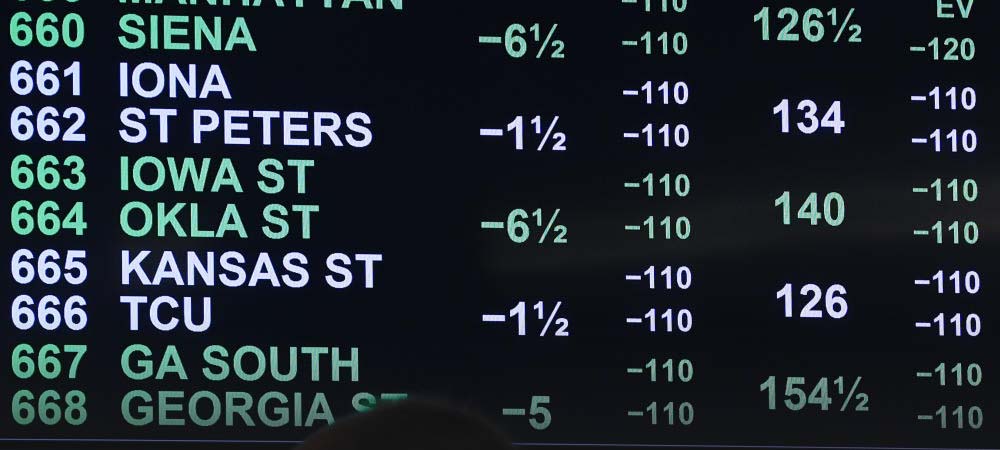- Colleges around the country have begun cracking down on their sports betting sponsorships, with the University of Colorado ending their partnership and Michigan State staff signing a petition to follow suit.
- Concerns about student safety and secretive deal details have been at the forefront of discussions.
- With Colorado and now Michigan State looking to both end deals within the same week, the tide is quickly turning against sportsbook operators on college campuses.
EAST LANSING, Mich. – Michigan State is joining the growing movement to oust sportsbook operator deals from college campuses. This news comes about one week after Colorado University similarly ended their deal with PointsBet.
With legal sports betting becoming more common, university staff and others are concerned about how to protect students. With two universities as well as 11 states beginning to crack down on the practice, it seems likely that college sponsorships with sports betting operators are coming to a swift end.
What is Happening in MSU and Across the U.S.
This week, Michigan State University’s staff have begun signing a petition to end the Caesars Sportsbook deal that has been in place since 2022. The petition cited growing concerns over the spread of problem gambling on MSU’s students as a result of the deal.
Interim President Teresa Woodruff has been reported to be looking into ending the partnership. The petition has also attributed mental health problems steadily growing following the recent shooting on campus that resulted in the death of four people, which is then being exacerbated by problem gambling.
In late March, Colorado similarly ended their deal with sports betting partner PointsBet after they faced heavy backlash regarding the usage of school email databases by PointsBet to send advertisements as well as a reported $30 per activation incentive given to the school.
Across the country, 11 states have currently banned gambling companies from partnering with student athletes, including in places like Texas, Ohio, New Jersey, Pennsylvania and more.
Biggest Controversy and Concerns with Sports Betting Deals
By far one of the biggest problems with these deals is the lack of transparency for the public. This is done through a convenient loophole where colleges that strike deals can do so through third-party sponsorship organizers, who can then keep many details of the deal private.
This is of course worrisome, as governing institutions and the public not knowing what colleges and gambling operators are up to could lead to many problematic developments. A couple of these controversial parts of deals include Colorado’s $30 per activation incentive or colleges like LSU and Colorado handing over email databases for advertising.
This secrecy is damaging to not only the academic institutions’ reputation, but also can lead to many students becoming problem gamblers. The ending of these partnerships is surely a preferable alternative to the use of legal sportsbooks for generating profit at the expense of students and their livelihoods.
Overall, it is wholly encouraging that colleges are turning to the ending of these deals rather than allowing the growing sports gambling industry from using students as cash cows. This bodes well not only for the future of gambling on college campuses, but also to ensure supporters of the legalization movement that operators will not be unchecked as they expand.
Advertising Disclosure
In order to provide you with the best independent sports betting news and content LegalSportsBetting.com may receive a commission from partners when you make a purchase through a link on our site.
News tags: Caesars | LSU | Michigan State University | New Jersey | Ohio | Pennsylvania | PointsBet | Teresa Woodruff | Texas | University of Colorado

Jeremias is a current Florida State University student majoring in Editing, Writing and Media as well as Media/Communication studies. Primarily focused on the NFL, NBA, and NHL, Jeremias has a passion for sports statistics research that helps bettors find the blind spots in sportsbooks.


 Bitcoin Sports Betting Sites
Bitcoin Sports Betting Sites Best Online Sports Betting
Best Online Sports Betting Famous Sports Bettors
Famous Sports Bettors States With Legal Sports Betting
States With Legal Sports Betting Sports Betting Events
Sports Betting Events




